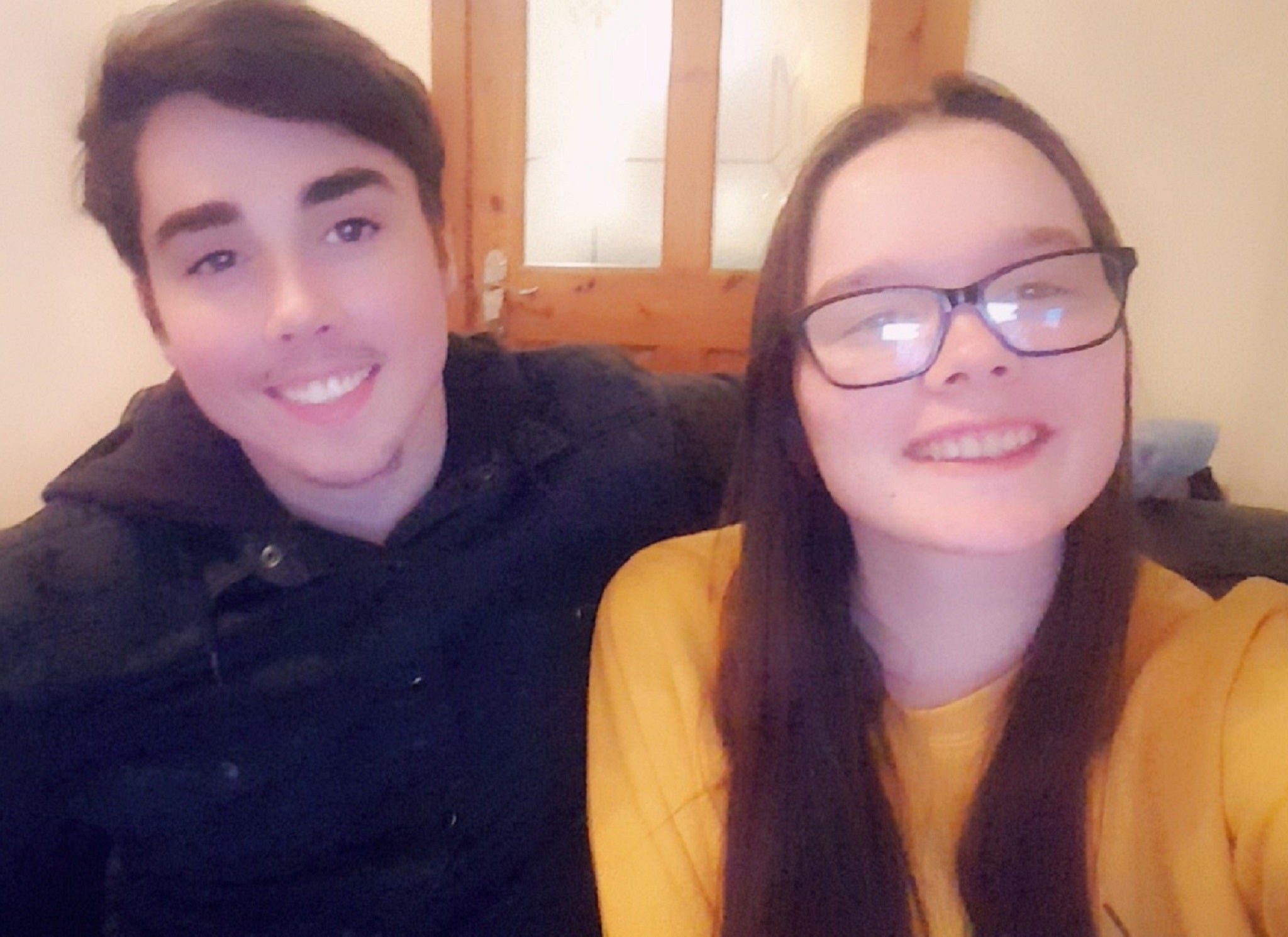Third of young carers feel 'stressed' and 'worried' because they have to look after someone
Young carer Keia Leese, 16, whose mum has borderline personality disorder, used to distance herself from friends because they didn't understand
More than a third of young carers in the UK have experienced problems with their mental wellbeing, according to new research.
There are currently about 800,000 youngsters aged 11-18 in England who give up their time to care for someone the live with, such as a parent.
A YouGov study, published by Carers Trust revealed 37 per cent of the country's young carers felt “stressed” because they are caring for someone and 32 per cent feel “worried”.
It also shows almost a quarter (23 per cent) of young carers felt their responsibilities have stopped them from making friends in the past.
Just under half (44 per cent) felt they got enough help with their emotions and feelings, while only six per cent said they would speak to a mental health professional.
In light of this, young carers are calling on the public to #CareForMeToo as part of this year’s Young Carers Awareness Day, which focuses on mental health.
Keia Leese, from Wolverhampton, is a 16-year-old performing arts student, who for the past five years has been helping to care for her mum, who has borderline personality disorder, along along with her two older teenage siblings.
When she is not studying, Keia regularly helps to do household chores such as cooking and cleaning, and will go to the supermarket if the family needs groceries.
She has taken days off school in the past to keep an eye on her mum when she has had a particularly bad day.

Keia told The Independent: "When my mum starts to get bad, if my parents have had an argument, then we have to watch out for her and make sure she doesn’t do anything stupid. Homework could sometimes be an issue because if we had things due in and things weren’t that great at home then things would be delayed and it was hard to explain to the teachers.
“I distanced myself quite a bit from a lot of my friends. They didn’t understand it or were like ‘why are you looking after your mum when they’re supposed to be looking after you’. Sometimes I’d get made fun of, and sometimes teachers would say it’s not an excuse not to do things.
“I tended not to tell people what was going on in my life because when you’re 11 or 12 you’re a bit like ‘this shouldn’t be happening’ so you’re a bit ashamed by it.”
Keia said that after she began getting help from children’s charity Spurgeons she became a lot more confident and she is now closer with her mum since she has a better understanding of mental health.
“I think at first I was a bit scared or worried because I wasn’t sure what I was meant to do or how I was meant to help,” she said. “It can be a bit stressful at times and there are times when she’s had to be taken out of the house because she’ll slam doors or she’ll scream.
“But when you get the help you need you know you’re not alone and open up about it more so all my friends in college know because I don’t see the point in hiding it.”
Giles Meyer, chief executive of Carers Trust, said: “The YouGov survey we commissioned points to the toll these challenging responsibilities are placing on the mental wellbeing of young carers, many of whom juggle complex challenges and pressures every day. We are calling for professionals to receive mandatory training on how to identify young carers at a much earlier stage.
“This will help ensure young carers and their problems do not go unnoticed, and instead get appropriate support for their mental health, preventing the build-up of long term problems with their mental health.”
Join our commenting forum
Join thought-provoking conversations, follow other Independent readers and see their replies
Comments